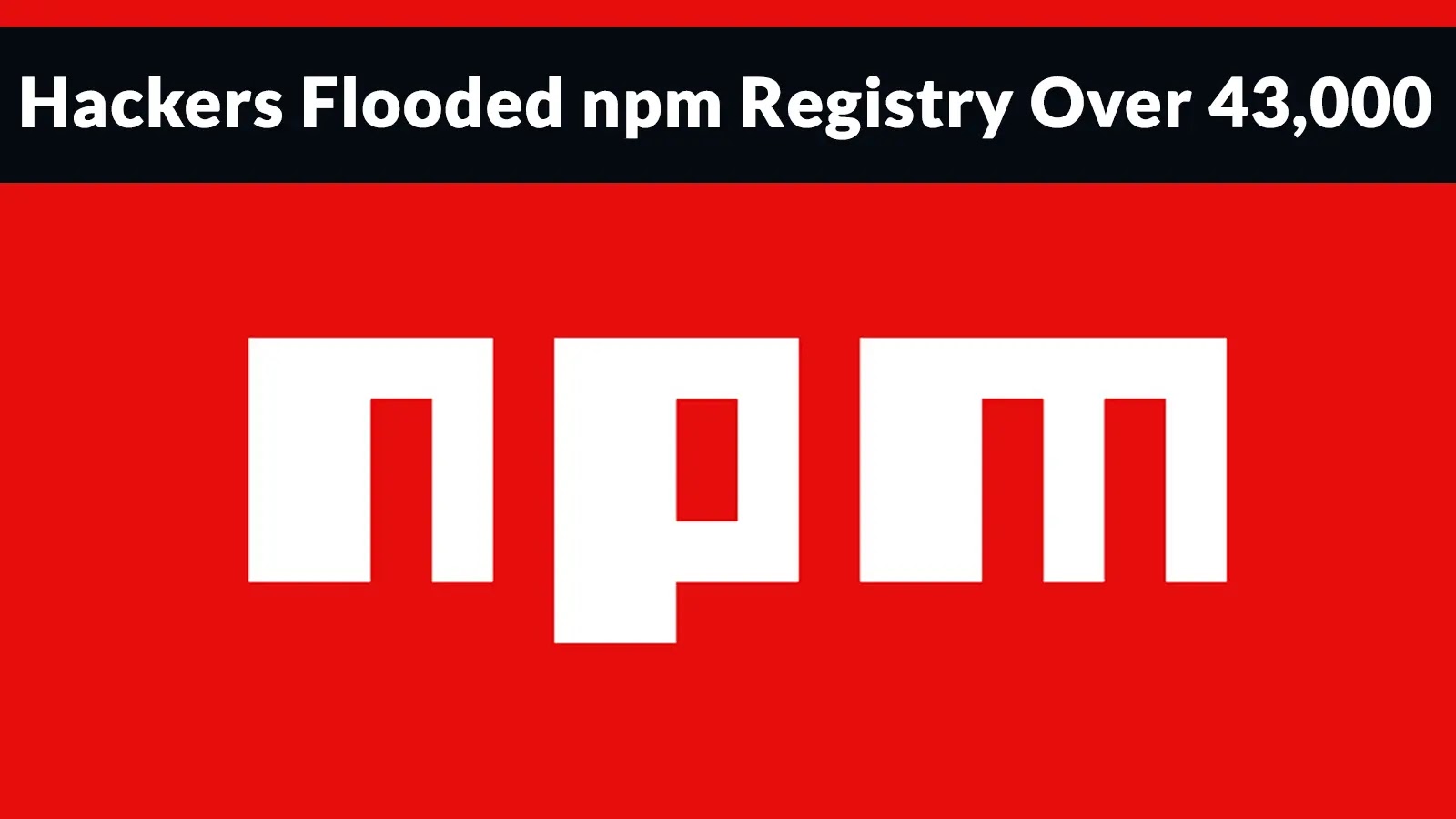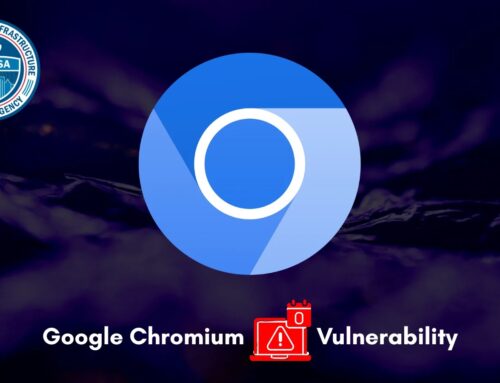
Hackers Flooded npm Registry Over 43,000 Spam Packages Survived for Almost Two Years
The software supply chain, a foundational element of modern development, is under constant scrutiny – and for good reason. A recent discovery has unveiled a pervasive spam campaign that quietly infiltrated the npm registry, a critical resource for JavaScript developers worldwide. This incident highlights the persistent challenge of maintaining integrity within open-source ecosystems. A staggering 43,000 spam packages survived for nearly two years, evading detection and raising significant questions about the efficacy of existing security measures.
The IndonesianFoods Worm: A Stealthy Infiltration
Security researcher Paul McCarty brought to light a significant, coordinated effort to flood the npm registry with malicious content. Dubbed the “IndonesianFoods worm,” this campaign wasn’t about sophisticated malware or zero-day exploits. Instead, it was a high-volume, low-profile assault using spam packages. These packages, exceeding 43,000 in number, were published across at least eleven distinct user accounts. Their longevity – almost two years – is particularly concerning, as it represents a sustained breach of trust within the npm ecosystem.
To put this into perspective, 43,000 packages constitute more than one percent of the entire npm registry. This isn’t just noise; it’s a significant volume that could easily obscure more targeted attacks or, in itself, serve as a platform for future malicious activities such as typosquatting or dependency confusion attacks. The campaign’s primary goal appears to be SEO manipulation, stuffing search results with links to various questionable websites, including gambling, essays, and adult content. While not immediately executing dangerous code, the sheer scale and persistence demonstrate a concerning capability to manipulate open-source channels.
Understanding the Impact on the Software Supply Chain
While the IndonesianFoods worm might not directly compromise systems with malware, its existence introduces several critical concerns for the software supply chain:
- Trust Erosion: The prolonged undetected presence of such a large volume of spam undermines trust in the integrity of public package registries. Developers rely on these platforms to provide legitimate and secure components.
- Resource Strain: Identifying and removing tens of thousands of spam packages consumes valuable resources from registry maintainers, distracting them from more critical security tasks.
- Precedent for Future Attacks: The success of this campaign might embolden other attackers to employ similar tactics, potentially evolving from spam to more severe forms of compromise, such as injecting malicious code into legitimate-looking packages.
- Search Pollution: For developers, sifting through legitimate packages amidst a deluge of spam becomes a time-consuming and frustrating task, impacting productivity and increasing the risk of accidentally downloading an undesirable component.
Remediation Actions for Developers and Organizations
Given the persistent threat of supply chain attacks, proactive measures are essential. While this specific campaign was focused on spam, the lessons learned apply broadly to protecting against malicious packages. There is no specific CVE number associated with this spam campaign, as it represents an abuse of the platform rather than a vulnerability in a specific piece of software.
- Implement Software Composition Analysis (SCA) Tools: Utilize tools that can scan your dependencies for known vulnerabilities, licenses, and suspicious activity. These tools can help identify unusual package names or maintainer behaviors.
- Verify Package Authenticity: Before integrating new packages, especially less popular ones, verify their authenticity. Check the maintainer’s reputation, package download counts, and recent update history.
- Pin Dependencies: Specify exact versions for your dependencies in your
package.jsonfile (e.g., utilizepackage-lock.json) to prevent unexpected updates that might introduce a compromised version. - Conduct Regular Audits: Periodically review your project dependencies. Remove unused packages and keep necessary ones updated to the latest secure versions.
- Source Code Review: For critical or sensitive projects, consider reviewing the source code of your direct and transitive dependencies, especially those from lesser-known publishers.
- Utilize Registry Security Features: Leverage any security features provided by the npm registry or similar platforms, such as two-factor authentication for maintainer accounts and reporting mechanisms for suspicious packages.
The Ongoing Battle for Supply Chain Security
The IndonesianFoods worm serves as a stark reminder that security in the open-source ecosystem is an ongoing, collaborative effort. While package managers like npm strive to maintain secure environments, the sheer volume of contributions makes them attractive targets for various forms of abuse. Developers and organizations must remain vigilant, integrating robust security practices throughout their development lifecycle to mitigate risks before they escalate.
The incident underscores the need for continuous improvement in detection mechanisms and community awareness. As the digital landscape evolves, so too do the tactics of those seeking to exploit it. Prioritizing supply chain security is no longer optional; it is fundamental to building resilient and trustworthy software.





